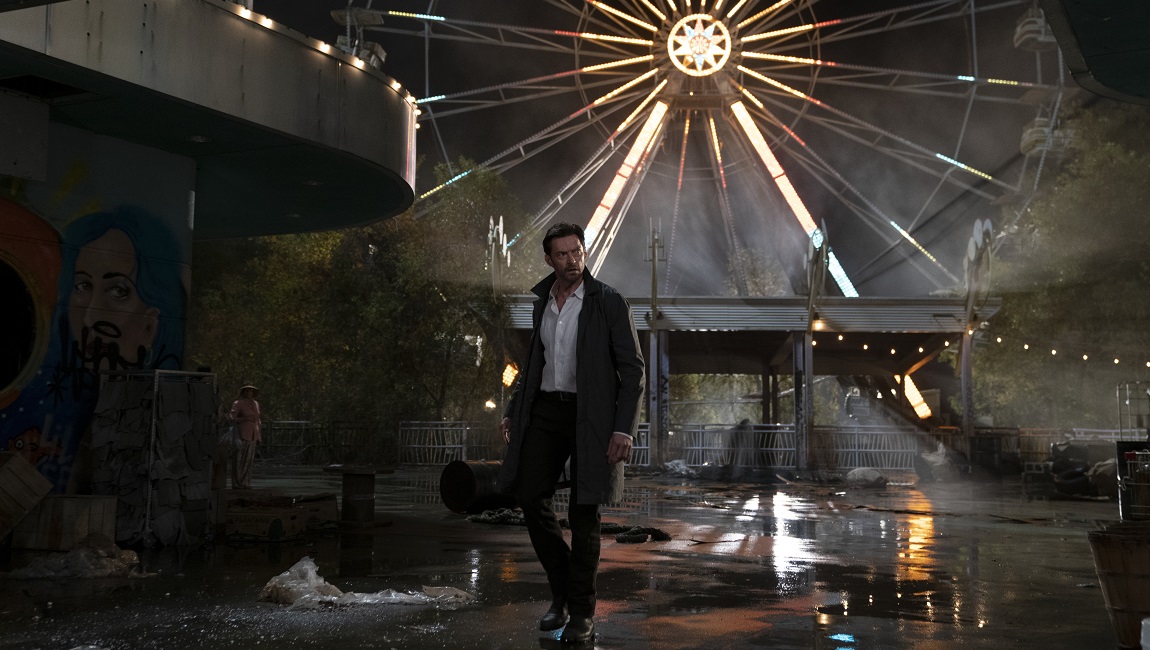The last decade has seen disillusionment and negativity about feature filmmaking expand from the grumblings of enthusiasts to a near-universal consensus that they’re not making ‘em like they used to. Over the same period, a radical expansion in digital video technology has meant that the average untrained person can easily access and use image-making technology vastly superior to what a first-rate effects team could cook up a mere generation ago. In light of all this, many contemporary filmmakers — including some of our most lauded leading lights — have embraced timidity and regression back to static conceptions of what a film can be inherited from a simpler time. This juncture presents an opportunity for established filmmakers to harness this largely untapped potential to create dazzling new works that expand the horizons of visual language. And some have already risen to the occasion, most notably Aleksandr Sokurov with his AI-animated masterwork Fairytale in 2022.
Who better to step up to the plate next than the similarly exalted New German Cinema master Alexander Kluge — recently returned to the world of the living from his purgatorial late career exile in the world of five- to twelve-hour documentaries about such ponderous topics as the intersecting throughlines of ideology and culture across modernity and the machine as a successor to humanity — and begin again (in collaboration with Filipino icon Khavn) in earnest to make direct and forceful aesthetic work of the kind he had spent almost 50 years receding away from. Now at the ripe old age of 91, Kluge has put out Cosmic Miniatures, an AI-generated outsider film billed as echoing his eccentric forays into science fiction in the early 1970s. And viewers are likely to come crashing down to earth the moment the film starts. It’s a slideshow mostly comprised of static AI-rendered images of space with algebra and star charts scrawled over the top with comic sans intertitles, sprinkled with very occasional dashes of movement. It feels like something a stargazing senior citizen might have pieced together. Replace the soundtrack — which oscillates between ambient, classical, electronic, industrial, and all manners of eclectic music — with a schizophrenic lecture, and this could really do numbers on BitChute. At times, the film seemingly verges on ironic humor. There’s a segment dedicated to Laika, the first dog in space, composed largely of eccentric AI images of dogs in space, which must surely be taking the piss. Another segment titled “Obituary for PIRX the Spaceship Pilot” — a reference to the character created by Stanislaw Lem — is like a deep-fried Soviet futurism TikTok meme set to the Laibach cover of “See That My Grave Is Kept Clean.” That a nonagenarian made this is in itself an act of manic genius.
Perhaps the framing above is a little unfair; after all, this is ultimately just a small-scale personal project from a man who is known for his many digressions. But it brings up the obvious question: what is the purpose of the screen now as opposed to online video, or in the case of the still images, plain old HTML? While it is conspicuous that Jean-Luc Godard chose to similarly dominate his final work, released last year, with a series of static compositions, cinema is a medium of motion pictures, and the bizarre oddities Kluge has collected here are just calling out to be given life. The AI video generation tools out there now are already sufficient to accomplish this, and one could only imagine how unique a fully visually and temporally realized version of Cosmic Miniatures could be. The brief final stretch of the film is genuinely beautiful in a way that cuts through after an hour and a half of shitpost cinema. After an intriguing series of juxtapositions of found images highlighting the geometries of the biological and the cosmological, Cosmic Miniatures ends with a remarkably poignant edit of a scene from Heimat entitled “Lovers Beneath the Moon,” by Kluge’s New German Cinema collaborator and legend in his own right Edgar Reitz. Kluge has appended the footage with some forcefully artificial impositions of the moon onto vivid time lapses of the sky with striking force. This sequence could and should exist most beautifully and authentically on its own terms. Perhaps Alexander Kluge edits the official Instagram account.
Published as part of IFFR 2024 — Dispatch 3.







